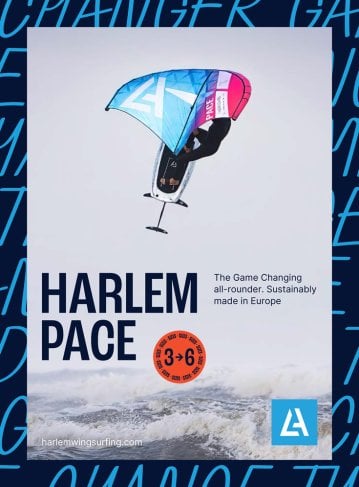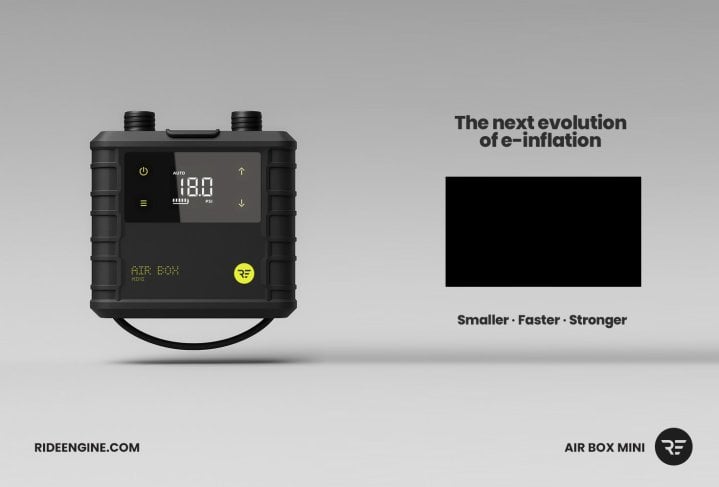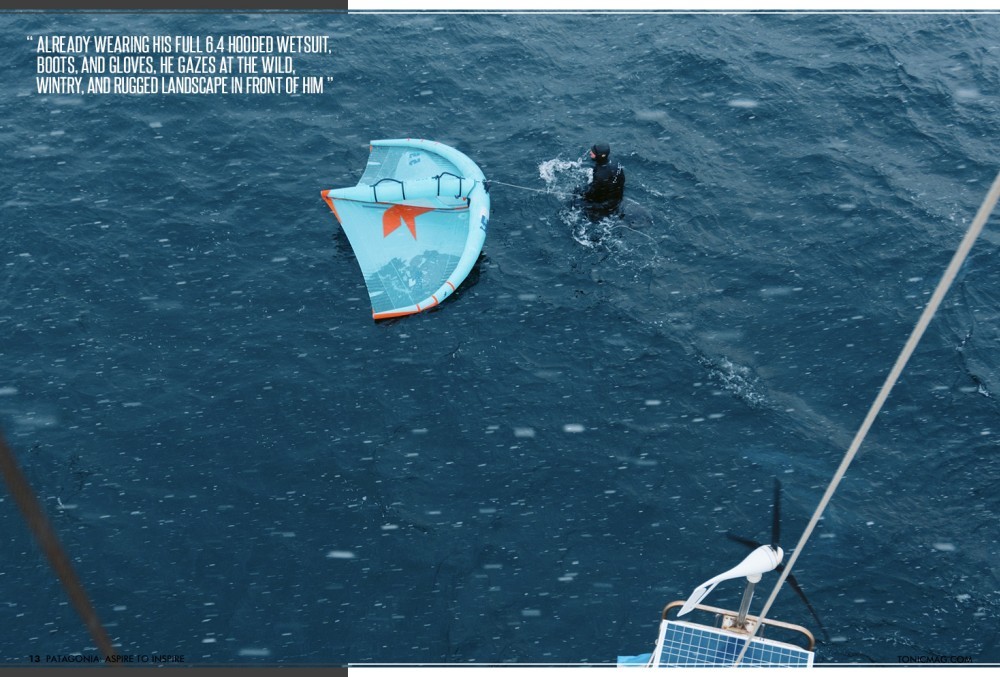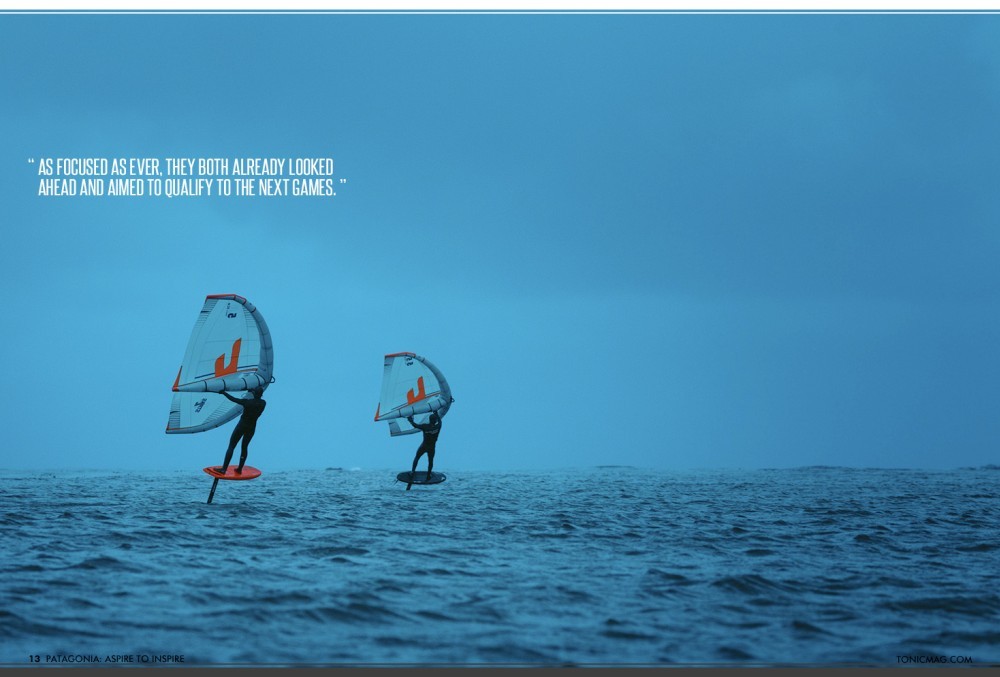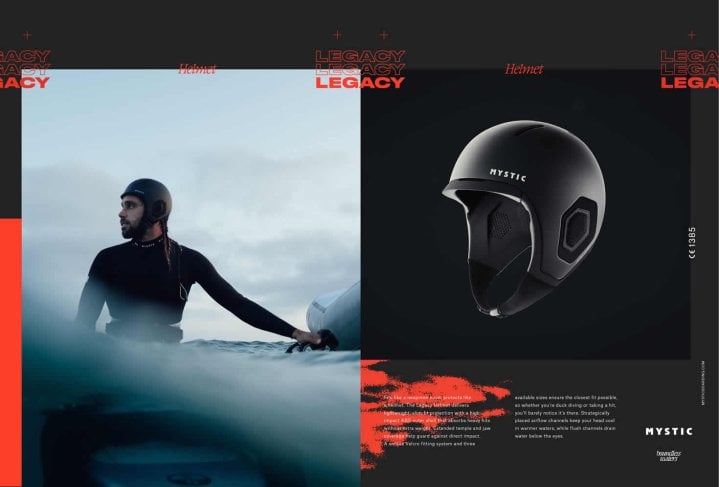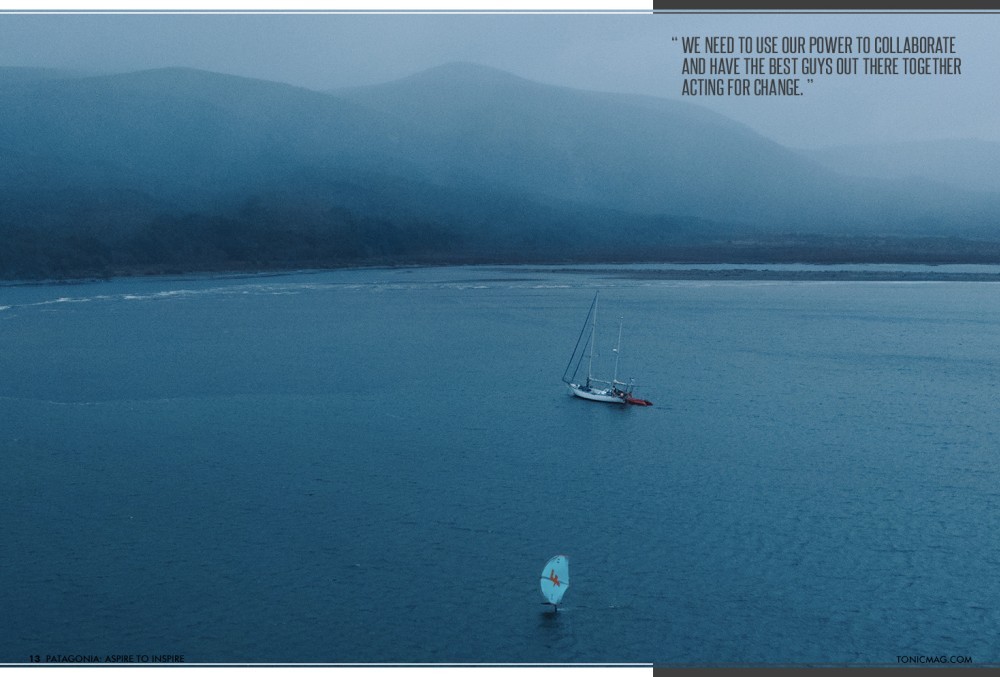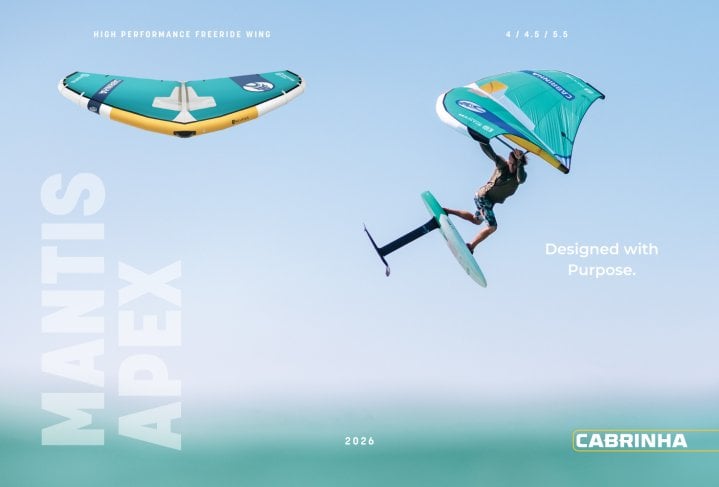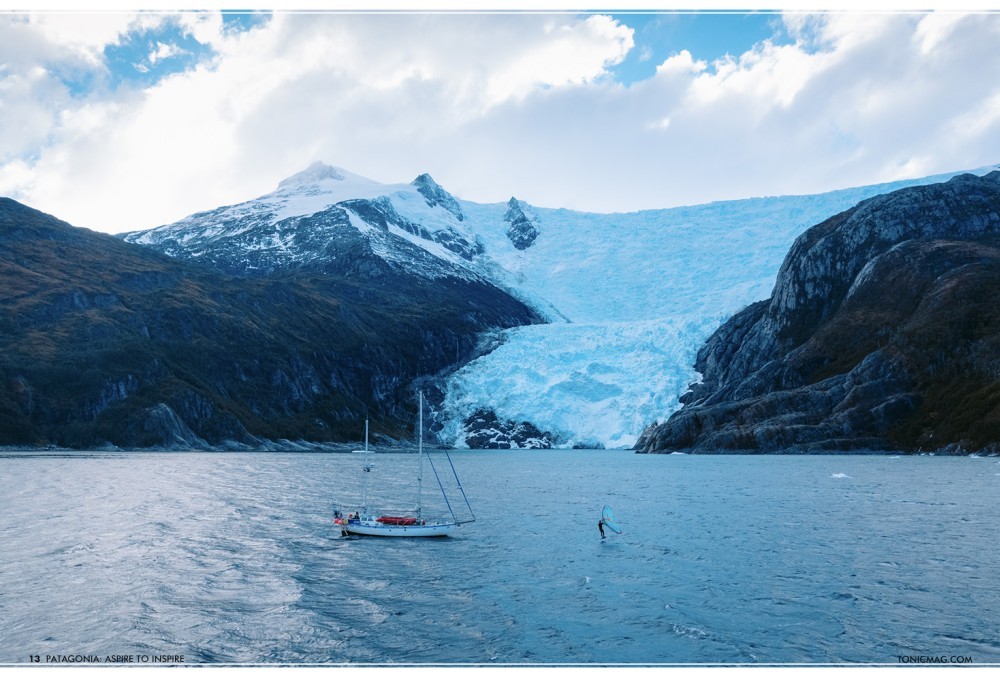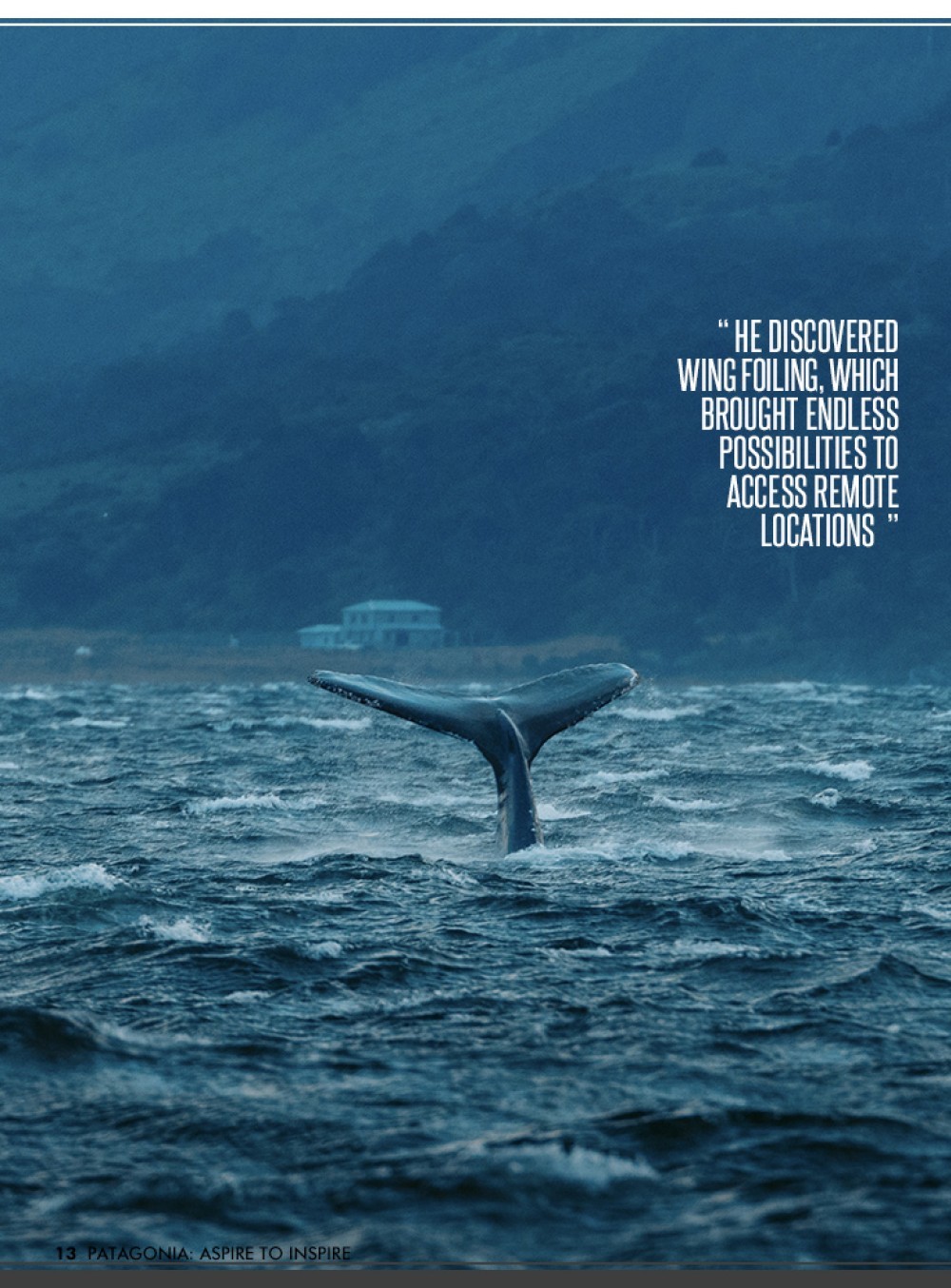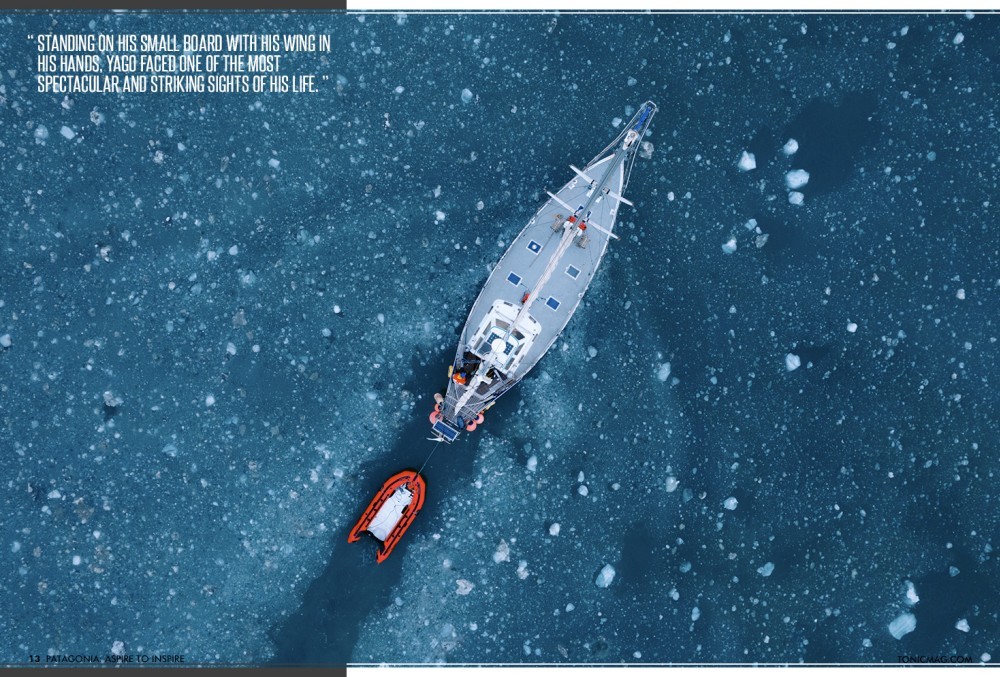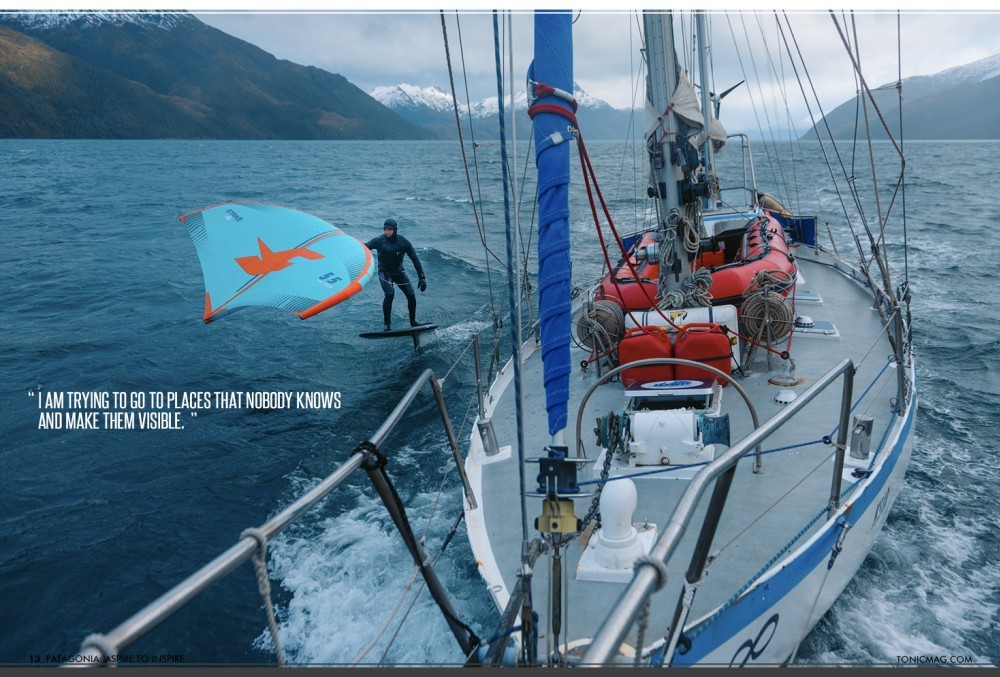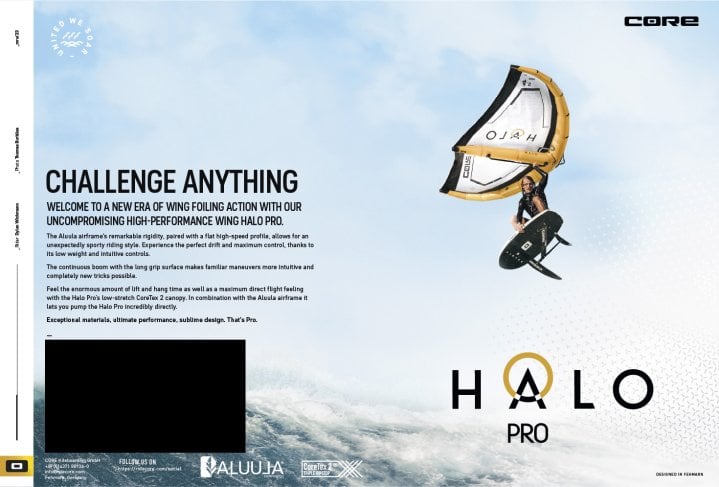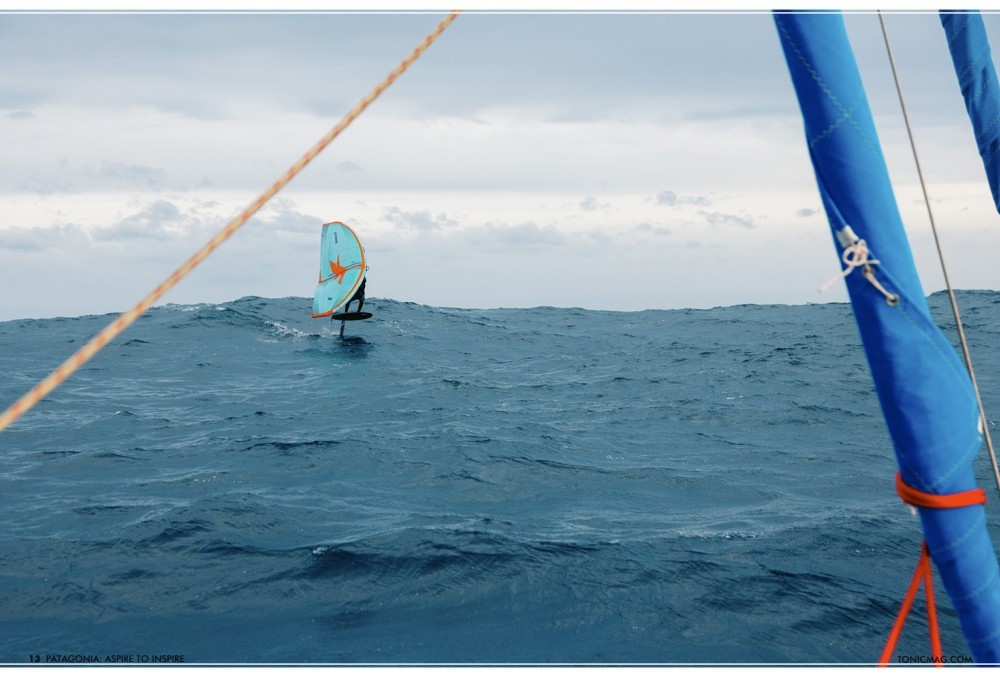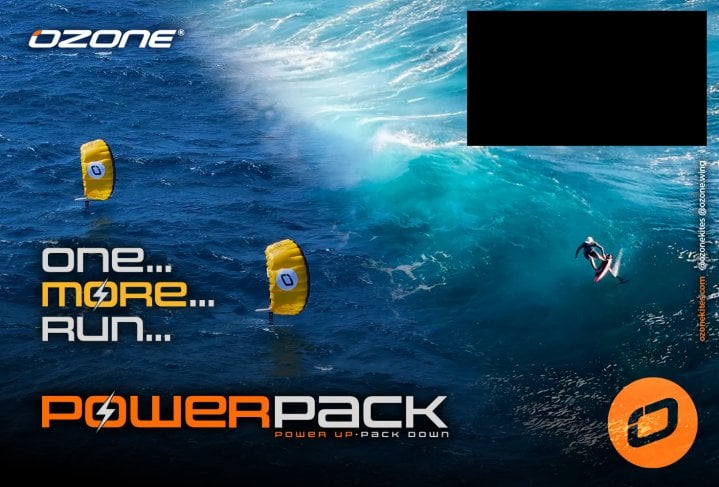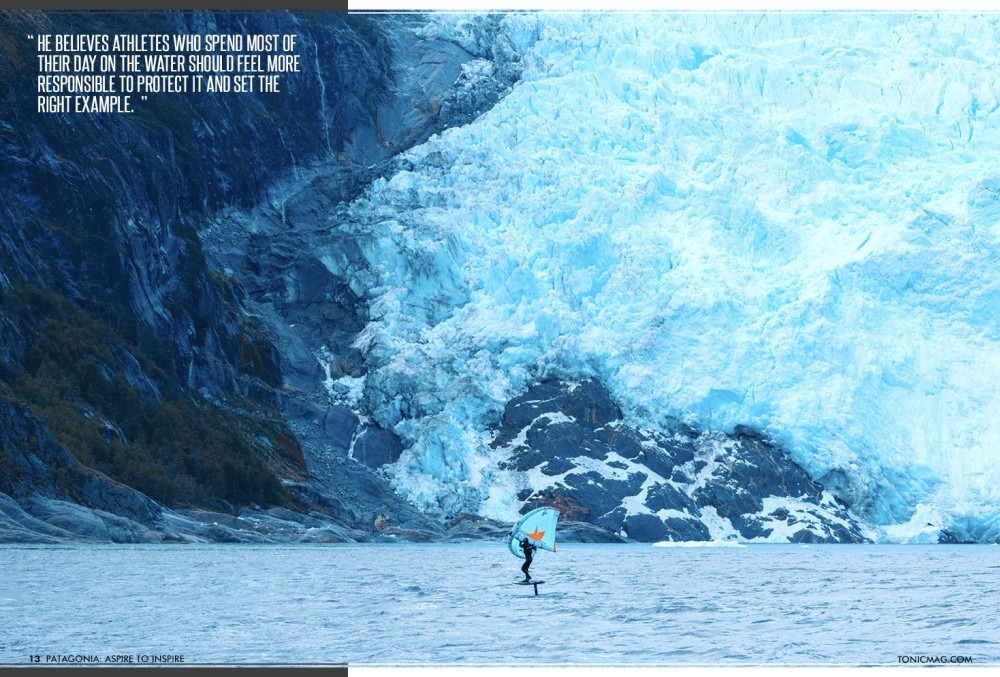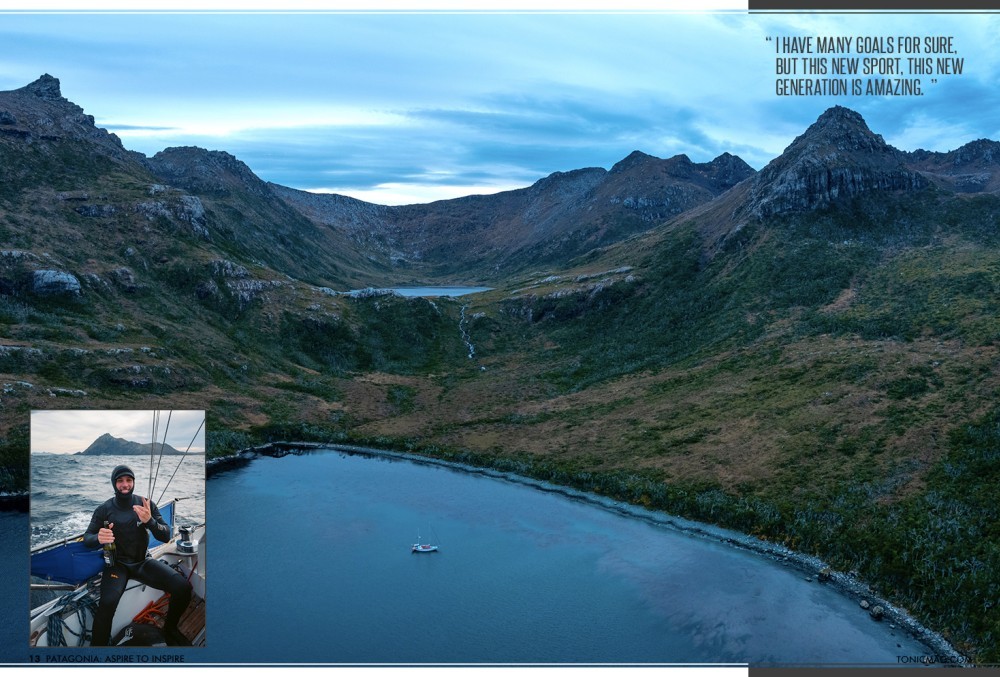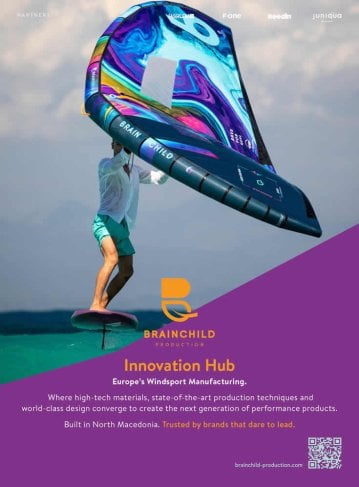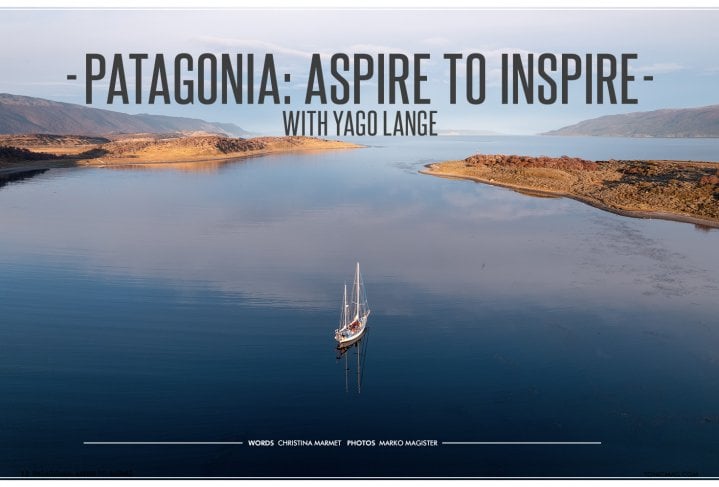
Patagonia: Aspire to Inspire with Yogo Lange
Issue 13 / Fri 5th Aug, 2022
Yago Lange finds the true definition of adventure in this remote area of Patagonia.
The wondrous winds can appear as fast as they can disappear. The entire region bears the brunt of the westerlies, and the sea state may quickly become perilous. Any human being is at the mercy of Mother Nature, who can choose to be as nurturing and magnificent as capricious and treacherous.
Yet, Yago Lange is calm and confident. The Argentinian Olympic sailor turned environmental activist has inexorably found his calling and is only here for one thing: Aspire to inspire.
The monohull that has been carrying him and a handful of other people for the last two weeks is still moving as he finishes setting up his foiling equipment before jumping in the ice-cold water. Already wearing his full 6.4 hooded wetsuit, boots, and gloves, he gazes at the wild, wintry, and rugged landscape in front of him.
Water has always felt like a second home to the 34-year-old, who now feels extremely responsible for taking care of the ocean that has for so long nurtured him.
Through wing foiling and the help of his friend, travel companion and photographer Marko Magister, he wants to show the beauty of some of the wonders of the natural world to raise awareness on their ecological significance in the face of the climate crisis.
“We have to know what we have to protect it,” he said. “Marko and I, we talked a lot about inspiring. We want to show nature, the beauty of it and connect people to it. Then they will understand its value. It is easier to care for something that is known. If you don’t know, then you cannot protect.”
Their goal is to bring the environment into the homes of as many people as possible through stunning images and videos of their travels to the most remote corners of the world. In turn, they hope to educate their audience on the key role these places hold in the whole ecosystem and to promote the importance of caring for the planet’s natural resources.
A few years ago, Yago’s path still seemed almost set in stone, and quite far away from ecological activism and marine conservation. Son of seven-time Olympian and three-time sailing Olympic medalist Santiago Lange, he spent most of his childhood living on a boat with his parents and brother.
In 2009 at the age of 20, he took up competitive sailing and embarked on a professional career. A Red Bull athlete, he traveled the world going from one regatta to the next, never stopping to think about anything else. At the 2016 Olympic Games, he and his brother Klaus finished in seventh place in the 49er sailing event. As focused as ever, they both already looked ahead and aimed to qualify to the next Games.
However, everything started to shift for him at the end of 2018. During a training session on the Río de la Plata near Buenos Aires, Yago was appalled at the amount of plastic trash he saw floating in the water around him.
Tired of navigating in polluted waters, he decided to take the matter into his own hands, quite literally, and organised his first clean-up. These initiatives quickly became more numerous and bigger, often involving the local nautical community. His commitment grew just as much as he realised the impact he could have on his home turf.
For Yago, being an athlete and an advocate go hand in hand, so he started organising clean-ups on the Olympic sailing circuit as well. Convinced that sports can and should be used for such social initiatives, he set out to educate his fellow competitors and to bring more sustainability to international events.
“As athletes, as sailors, we are really responsible to protect our playgrounds,” he said. “Those of us who love the water must protect it. I always say, competition is the past, collaboration is the future. Sure, competition is amazing, but we can also use that time during events to educate and do local actions. We need to use our power to collaborate and have the best guys out there together acting for change.”
He kept pushing for change in the sporting world, asking sailors to bring reusable water bottles to events or to sort their trash for better recycling and composting. He received incredible support from the community and was ultimately presented with the sustainability award by the International Olympic Committee in 2019.
Most of his time and energy were spent on this newfound purpose, and he unfortunately did not qualify to the Tokyo Games. He admitted to feeling downcast about it, although he quickly added that he had no regrets about the path he has chosen instead.
In early 2020, Yago started taking environmental trips to Patagonia to learn more about the area. The pandemic and subsequent lockdowns kept him at home for longer than he wished for, and he began to establish community composting projects.
In 2021, he discovered wing foiling, which brought endless possibilities to access remote locations that he never would have otherwise. This new sport left him speechless. Quietly and effortlessly, he could glide above the water alongside whales, dolphins, orcas, and even sea lions. He felt connected to the ocean in a way he never had before.
“Foiling gave me back that energy I have always felt on the water,” he said. “I can access incredible places now. But it’s not just about going there. Everywhere in the world is amazing. It’s about giving value to these places and protecting them.”
Quickly, he realised he could use this new and fast-growing sport to talk about the oceans and conservation, and to put the environment in the forefront of the discipline right from the start.
With the support of Parley for the Oceans, a global NGO focused on marine conservation, and the National Parks authorities, he started planning trips around protected areas of Argentina to highlight them and help people understand the urgent need to take care of them.
This past February, he headed to the Perito Moreno Glacier, located within the Los Glaciares National Park in Argentina. Covering an area of 250 square kilometers, Perito Moreno is still growing unlike most of the Earth’s other glaciers.
Alone, standing on his small board with his wing in his hands, Yago faced one of the most spectacular and striking sights of his life. Navigating straight towards the 80m-tall ice walls, he felt entirely overwhelmed by this stunning UNESCO World Heritage Site. He ultimately became the first person to foil in front of the iconic glacier, but this turned out to be so much bigger than writing his name in the history books.
“It was a very special navigation, and it really changed my life,” he said. “I felt deeply connected… It’s hard to put into words. I really felt a connection with the ocean, and with the glacier and its energy. I now feel responsible to speak up, to get people’s attention so they connect with the water and the glacier too, so they get educated on how important they are to us and to our planet.”
A few weeks later, Yago was already back on a boat on the way to Peninsula Mitre, one of the most isolated places on Earth in the easternmost tip of Tierra del Fuego Province in Argentina.
Its peatlands, rivers, mountains, native forests, minerals, and rich coastline filled with endemic flora and fauna are crucially important to the nation’s biodiversity and ecosystems. The Peninsula is also the most important carbon sink in Argentina as it stores 315 million metric tons of carbon, the equivalent of three years of carbon dioxide emissions from the entire country.
Unfortunately, it is heavily threatened by industries coveting the area’s natural resources and their exploitation. Local organisations have pursued the protection of Peninsula Mitre for nearly 20 years, and Yago now wants to help amplify their message.
“The most shocking thing for me was that nobody knows about [Peninsula Mitre],” he said. “How are people going to be able to identify with a place they don’t know, and then want to protect it? So, I am trying to go to places that nobody knows and make them visible. Nobody is talking about the glaciers or about Peninsula Mitre. I want to change this.”
The boat had to return to Ushuaia on the fourth day because of an incoming storm and the lack of shelter for the boat. But Yago didn’t want to go home quite yet. After obtaining the right permits and authorisations, the crew headed towards the Chilean fjords around Monte Darwin and then Cape Horn.
He was lucky to wing foil with whales in the Beagle Channel, and later became the first person to foil Cape Horn and ride around the untouched glaciers of southern Chile. Nonetheless, he isn’t on a quest to “be the first” anywhere. Rather, he wishes to foil for the ocean and advocate for plastic-free waters and cleaner marine ecosystems.
Even in these far-off corners of the globe, he still found plastic: “Since I started wing foiling, everywhere I go I am on a war against plastic pollution. But I also try to enjoy these landscapes, foiling with all this marine life. It has become more meaningful to me. I feel so connected, and I have such powerful images that help me carry my message.”
His content has also changed overtime as he aims to be inspirational rather than burdensome. It is now less focused on everything going wrong, but rather on the beauty and significance of the natural world. He wants to sway people enough to care and to encourage them to act at the grassroots level.
He knows it’s working. He sees all the likes, the encouraging comments, and the inquisitive messages on his social media accounts. The feedback from the Perito Moreno trip was particularly staggering. Yago felt galvanised as he received hundreds of messages from all over the world from journalists, sailors, and numerous Olympic athletes.
Back on land, he is learning from marine biologists and other environmental experts, and still organises over 80 clean-ups a year. He has also already given over 200 talks in schools in the last two years. Not only does he hope to educate the younger generation on sustainability and conservation, but he also wants children to get excited about foiling, water sports, and being outdoors in general.
“Kids are the future,” he said. “You explain them everything, then they go home, explain to their parents, and make the change. So, if these kids go in the water, they will protect the water.”
Yago is certainly not done wing foiling and has many more trips to Patagonia in the pipeline. He wants to return to Peninsula Mitre, adventure in the lakes near Monte Fitz Roy, and document the whale population in Puerto Madryn. Ultimately, he hopes to reach Antarctica next southern summer.
Most importantly, he wants to keep combining his passions for the environment and water sports. Sports are a vehicle for change, and he believes athletes who spend most of their day on the water should feel more responsible to protect it and set the right example.
He is also convinced there is a space for everyone in this fight for ocean conservation, whether sailors, wing foilers, or scientists. He already invited Marcela Witt, Brazilian elite kitesurfer and wing foiler, on one of his last trips and hopes to have many more athletes onboard his expeditions to educate and inspire as many people as possible.
“I want to empower the foiling community,” he said. “I have many goals for sure, but this new sport, this new generation is amazing. It’s a great platform, and it should be used more towards the protection of our local playground. We have to use our voices for real.”
By Christina.Marmet


